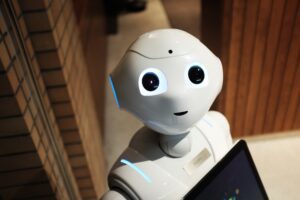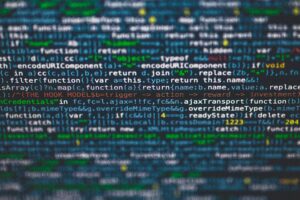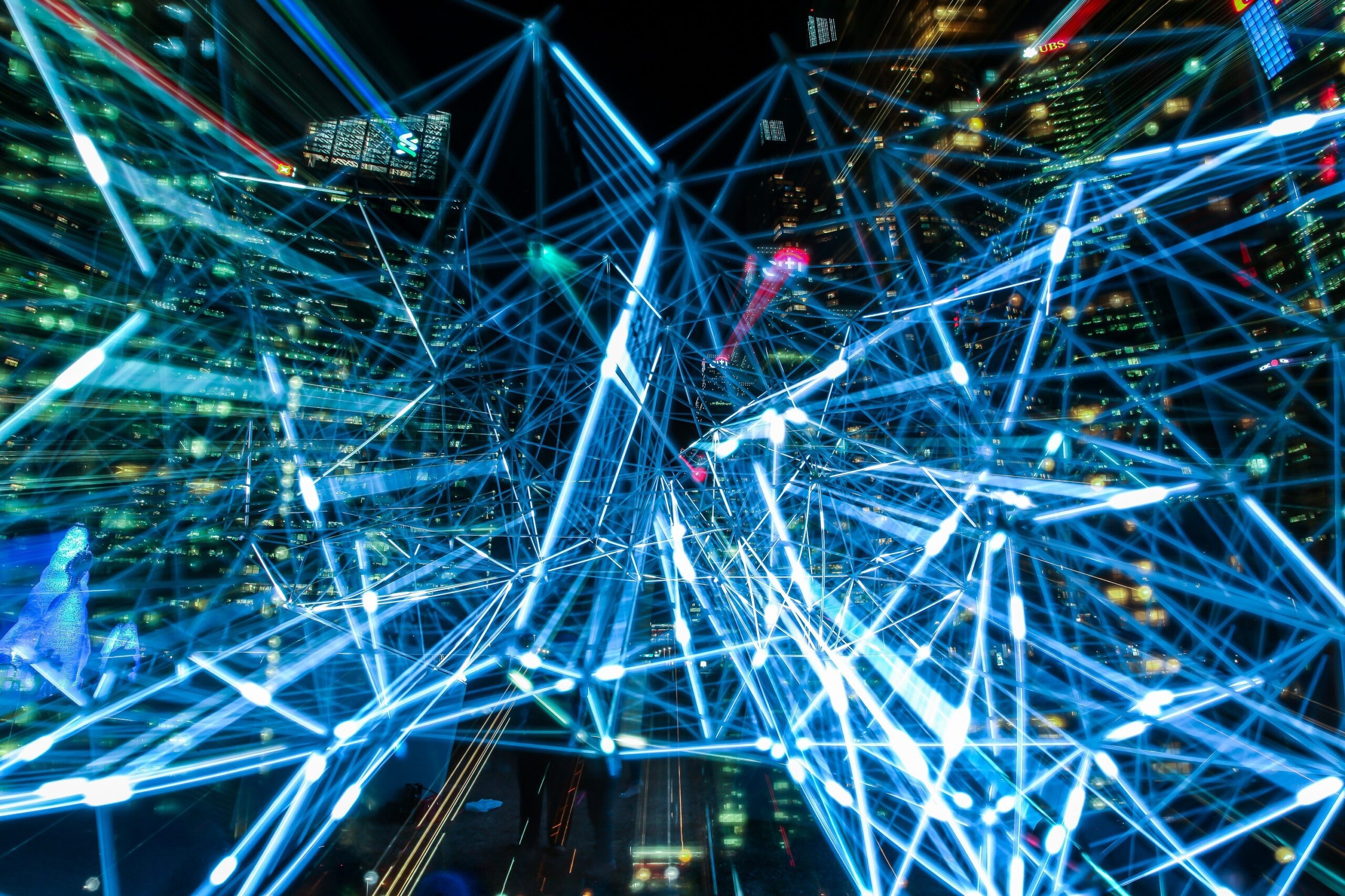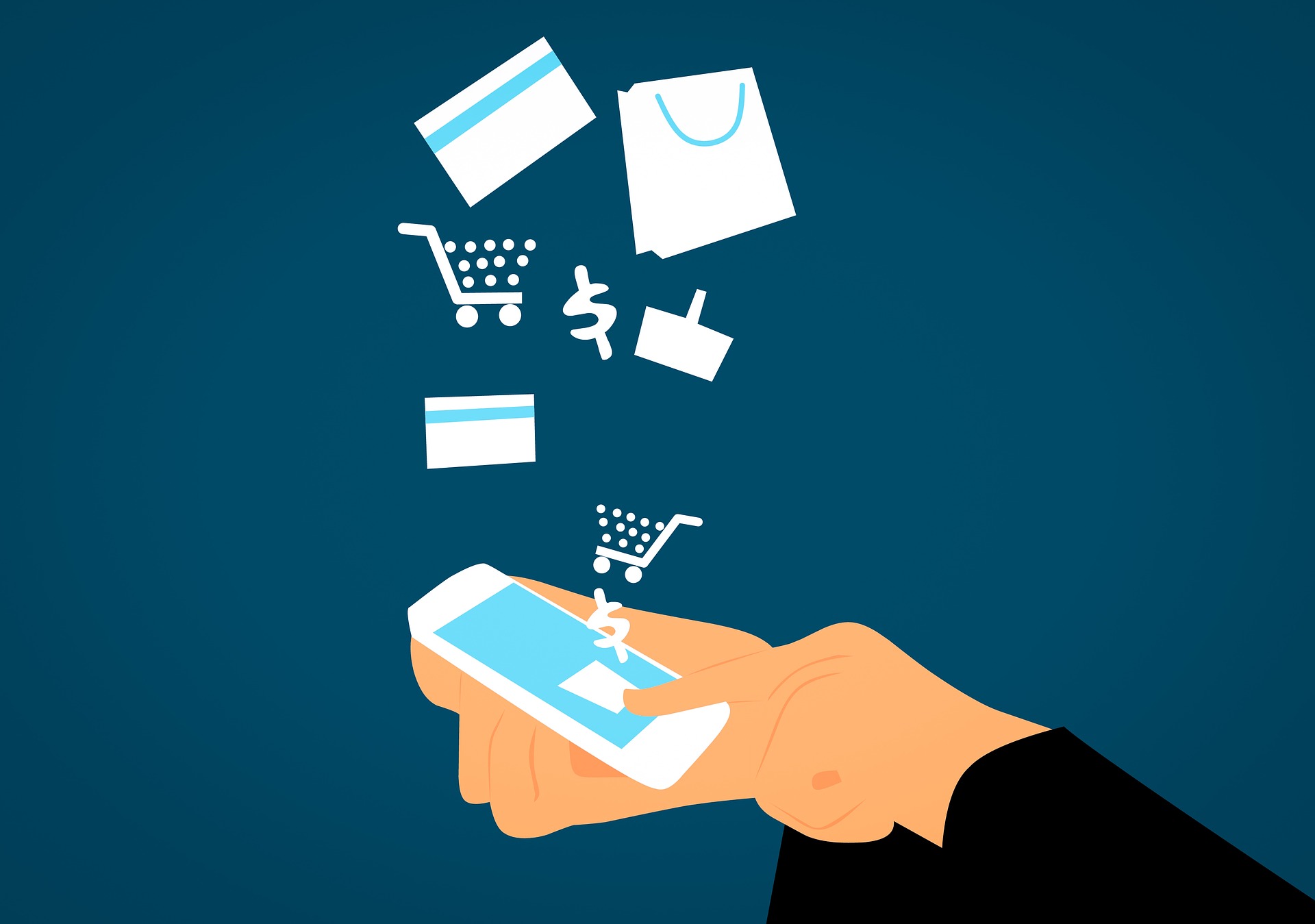OpenAI
OpenAI is a research institute focused on developing and promoting artificial intelligence technologies that are beneficial to humanity.
OpenAI was founded in 2015 by Elon Musk, Sam Altman, Greg Brockman, John Schulman, and Ilya Sutskever. The company’s mission is to advance and promote research in artificial intelligence (AI) in order to benefit humanity.
In 2016, OpenAI introduced the AI language model GPT-1, which was able to generate human-like text based on a given input. The following year, they released GPT-2, which was even more advanced and was able to generate coherent, long-form text.
In 2018, OpenAI created Dactyl, an AI system that was able to manipulate objects in a 3D environment with a robotic hand. This was seen as a significant breakthrough in the field of robotic manipulation.
In 2019, OpenAI partnered with Microsoft to create GPT-3, the largest AI language model to date. GPT-3 was able to perform a wide range of natural language processing tasks, such as translation, summarization, and question answering.
OpenAI and Microsoft have a strategic partnership in which Microsoft provides technical support and cloud computing resources (Azure) to OpenAI for their research and development of artificial intelligence technologies. Microsoft also invests in OpenAI and has a seat on its board of directors.
OpenAI continues to advance AI research and develop new technologies, with a focus on safety and ethical concerns.
In addition to its research efforts, OpenAI also engages in public outreach and education initiatives to promote the responsible use of AI and to increase understanding of the technology among the general public. The organization also has partnerships with other organizations and companies to help advance the field of AI and to accelerate the development of new AI technologies.

ChatGPT
RECENTLY, OPENAI RELEASED A CHATBOT KNOWN AS CHATGPT FOR PUBLIC TRIALS AND TESTING AND IS FREE FOR USE PRESENTLY.
CHATGPT is a natural language processing (NLP) tool that uses a combination of machine learning and artificial intelligence to generate responses to user input in a conversational manner. It is designed to mimic human conversation and can be used in a variety of applications, such as chatbots, customer service, and conversational interfaces. CHATGPT is a powerful tool for creating engaging and personalized conversations with users.
Uses of ChatGPT chatbot :
- It can be used by various organizations for providing better customer services.
- It can be used by individuals for making better and informed decisions.
- It can be used by coders for getting their complex issues solved easily.
- It can be used by teachers for preparing their schedules for the classes and preparing questions for exams etc.
- It can be used by students to find answers to complex questions, write essays and articles on various topics.
- It can enhance decision-making capabilities through advanced artificial intelligence algorithms.
- It can improve accuracy and precision in data analysis and predictions.
- It can increase efficiency and productivity in various industries and tasks.
- It can increase capacity for handling large amounts of data and information.
- It can enhance ability to learn and adapt to new environments and situations.
- It can improve customer satisfaction through personalized and intelligent interactions.
- It can enhance security and privacy through advanced encryption and secure data storage.
- It can improve collaboration and coordination between teams and departments.
- It can enhance ability to automate and streamline processes, reducing the need for manual labor.
- It can improve ability to predict and mitigate potential risks and challenges.

Present limitations and disadvantages of ChatGPT
- Limited ability to handle complex, dynamic environments and situations, leading to potential errors or incorrect answers to the queries asked.
- Latest data isn’t available as presently, it is based upon the data prior to September 2021.
- It isn’t available in all countries and doesn’t answer many country specific issues. The answers are very generalized in nature.
- Dependence on large amounts of data for training and operation, which can be costly and time-consuming to obtain and manage.
- Potential bias or discrimination in the algorithms and data used, leading to unfair or harmful outcomes for certain groups or individuals.
- Difficulty in explaining and interpreting the decisions made by AI systems, leading to a lack of transparency and accountability.
- Limited ability to adapt to new or changing situations, requiring frequent updates and retraining of the algorithms and models.
- Potential security and privacy risks, including the possibility of unauthorized access or manipulation of sensitive data.
- High computational and power requirements, leading to high costs and potential environmental impacts.
- Difficulty in achieving consistency and coordination across multiple AI systems and applications, leading to potential conflicts or inefficiencies.
- Potential for job displacement and negative impacts on the labor market, as AI systems increasingly automate tasks and processes.
- Lack of regulation and oversight, leading to potential ethical and legal concerns and challenges in the deployment and use of AI technologies.

OpenAI and ChatGPT
You may also be interested in Artificial Intelligence.










